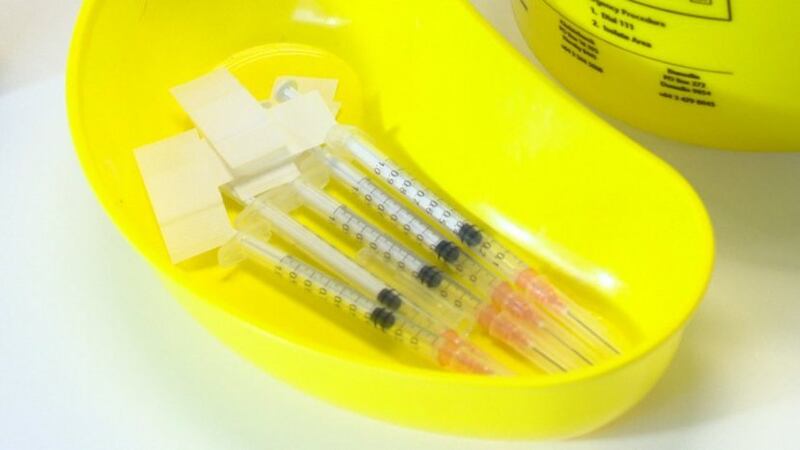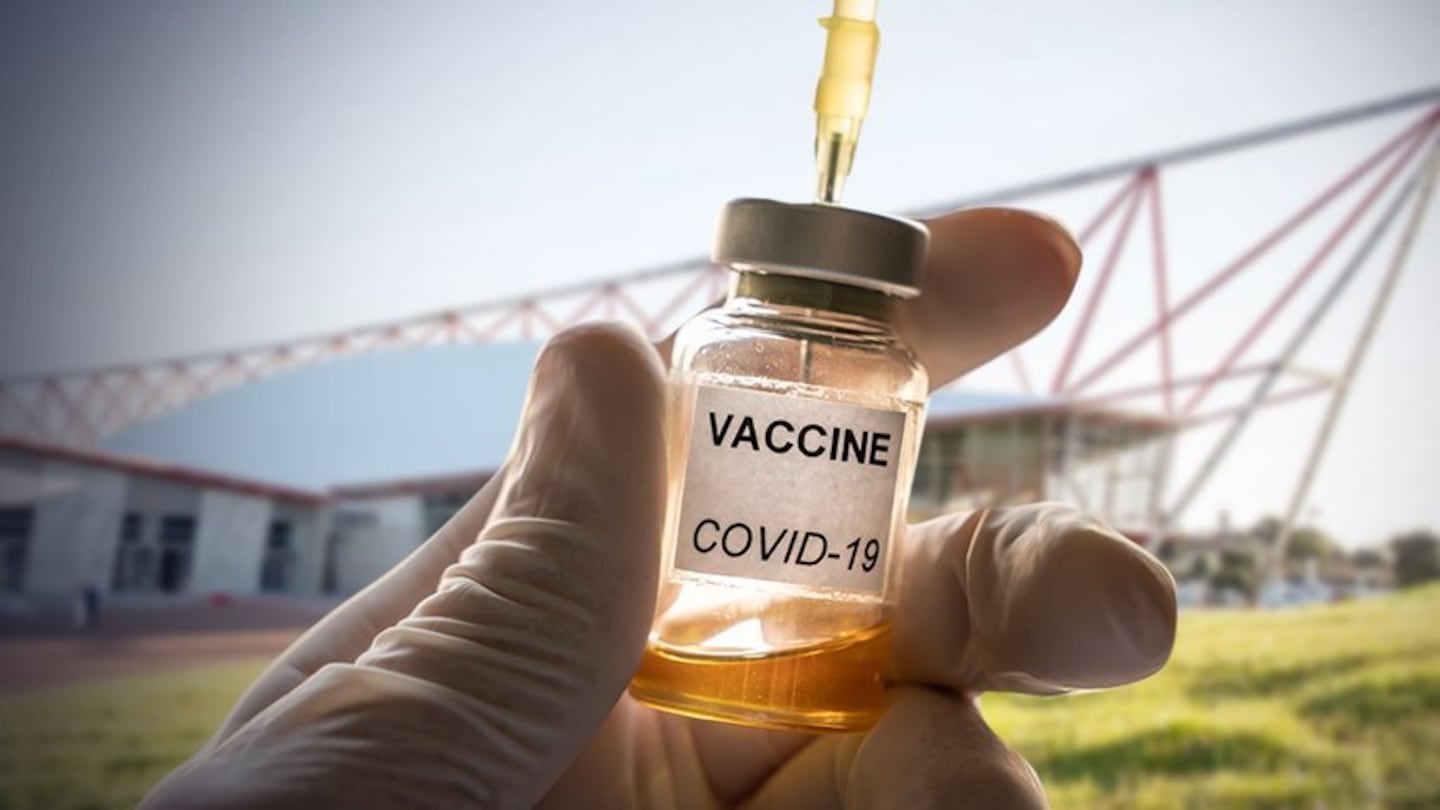A man who died 12 days after receiving the Comirnaty (Pfizer) vaccine against Covid-19 died from myocarditis - but he had not been aware of the risk posed by taking the vaccine.
But while the Health and Disability Commissioner (HDC) said the right to be fully informed was breached, she did not find a breach in the Code of Health and Disability Consumers’ Rights.
The report, released today by the commissioner, said the risk of myocarditis should have been communicated to the vaccine recipient, or at least he should have told to be alert to relevant symptoms.

The commissioner took issue with official information sources, saying it wasn’t clear enough to vaccinators that the risk of myocarditis needed to be communicated.
She also noted that, because the vaccine was developed relatively recently, new information about its use, risk and side effects was still forthcoming.
The report says Mr A was only told about the most common side-effects of the vaccine.
“Following his vaccination at a pharmacy, the man experienced chest discomfort and heart flutters,” Commissioner Morag McDowell’s office said in a statement this afternoon.
At 3:30am, 12 days after his vaccination, Mr A decided to go to the hospital but collapsed and died before arriving.
According to phone records cited by the commissioner, Mr A searched the internet for ‘heart racing since vaccine’ and ‘myocarditis’ at 2.08am and 2.12am that morning.
Despite the rarity of myocarditis in vaccine recipients, the results are potentially severe, including heart inflammation and death.
“Apparently unaware that myocarditis (inflammation of the heart) was a potentially serious side-effect of the vaccine, the man experienced these symptoms for 12 days before making the decision to go to hospital. Tragically, he collapsed and died before he got there.”
The risk of heart conditions is higher among Māori than the general population – including coronary heart disease, stroke and diabetes, paired with lower access to health care than non-Māori adults, according to the Heart Disease Institute.
Reaction from whānau and health professionals
The HDC report includes a comment from Mr A’s parents, who claimed government messaging of the day placed undue pressure on people to get vaccinated, including their late son.
Neither Mr A’s partner, the pharmacist who vaccinated him, nor the pharmacy involved offered comment.
His parents said, without the myocarditis information their son was not able to give informed consent but stopped short of singling out the specific pharmacy, saying other vaccinators were not given adequate information.
While MedSafe issued a communication alert on July 21 that year, alerting the public to the risk of myocarditis, this alert came some five months after the first dose of the Pfizer vaccine was administered in New Zealand, on February 19.
Mr A died approximately five months after information from MedSafe and several other health providers was made public.
The pharmacy operations manager where Mr A was vaccinated criticised the flow of information from the Ministry of Health.
She said the volume of information was significant and that information as important as the risk of myocarditis should have been highlighted differently.
The ministry said this volume reflected the complexity of the vaccination programme, and stated Medsafe alert communications, like those issued in July 2021, were a long-standing and standard practice for the communication of new risks.



